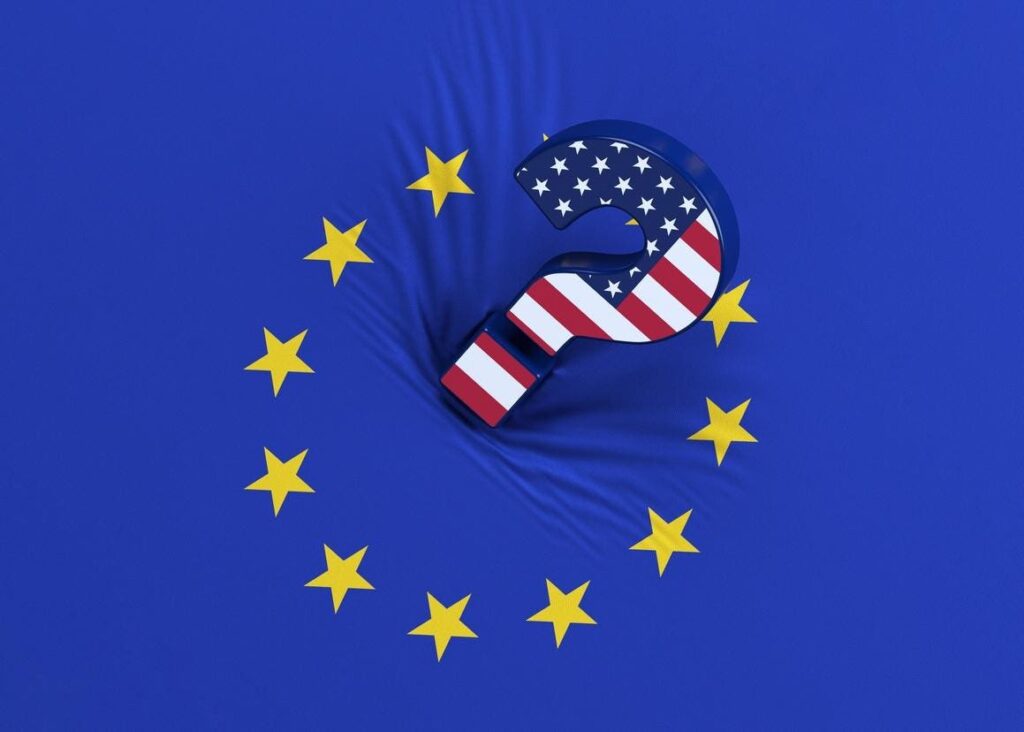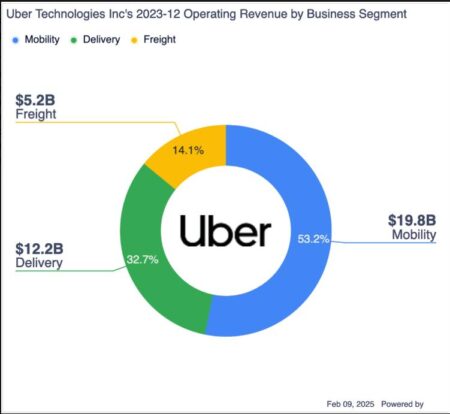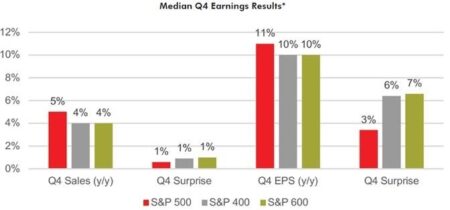President Donald Trump’s ambition to finally solve the huge trade imbalance with Europe will condemn its automakers to an extended and debilitating argument over unfair tariffs.
Hopes are fading that a quick settlement might be possible as the European Union concedes that yes, its 10% tariff is unfair and offers to change its rate to the U.S.’s 2.5%. The U.S. is complicating the issue with complaints about VAT, the EU’s 20% sales tax. A White House official, Stephen Miller, said the VAT charge makes the EU’s tariff an effective 30%, and this will have to be lowered.
According to former U.S. ambassador to the EU Gordon Sondland, Trump is determined to put right what the U.S. considers long-term unfairness by the EU which extends past just tariffs, to what the U.S. considers corrupt non-tariff barriers too.
“When EU citizens come to the U.S. on vacation or to live here temporarily, they don’t bring their own cars or their own food. They are perfectly safe eating our food and driving our cars and it’s high time the EU treated our products that way,” Sondland said in an interview last month with the BBC’s NewsNight program.
The annual overall U.S. trade deficit with the EU is around $160 billion, according to Reuters BreakingViews. German industry accounts for close to $75 billion.
Trump has said he will reveal his proposals for new auto tariffs on April 2. Imports account for about half of the U.S. market. Earlier this month Trump announced 25% duties on EU steel and aluminum. Trump has already caused consternation with his aggressive policy toward his free-trade partners Mexico and Canada. After threatening to raise tariffs to 25%, the increases were suspended for 30 days. Trump has described the EU’s trade policy as “an atrocity.”
This comes at a bad time for Europe’s premium automakers, led by German companies. They sell in the U.S. Volkswagen’s Porsches, Audis, Bentleys and Lamborghinis, Mercedes, and BMWs. The latter also owns Rolls Royce. VW makes some own-brand SUVs and sedans in the U.S. BMW and Mercedes also make vehicles in the U.S. Indian-owned JLR and China’s Volvo are also big players. Volvo has a U.S. factory.
One of the consequences of the arguments over U.S. tariffs could be Porsche and Audi setting up factories there.
The Germans in particular face a long-term uphill struggle selling their internal combustion engine-powered luxury products in Europe as EU regulations gradually force them out of showrooms in favor of electric vehicles. That makes the U.S. market even more important because it is likely to be the biggest and only sales outlet for ICE cars long-term, as sales in China decline.
Professor Stefan Bratzel, director of Germany’s Center of Automotive Management, said tough times are ahead for the German automakers.
“This is a challenging period for the car industry, especially German manufacturers with President Trump and tariffs and it won’t be easy to solve. Trump is focussing on the German premium carmakers,” Bratzel said in a telephone interview.
“Porsche and Audi might have to build in the U.S. but it’s not that easy to implement and it will cost a lot of money but it could be the only long-term solution if there are high import taxes. But we have yet to see what any deal would look like. The trouble is, the American industry doesn’t produce vehicles that the European market wants. Trump wants to improve the market share of American manufacturers but that will be really hard,” Bratzel said.
Teslas are the biggest selling American cars in Europe, but they are now also made in Germany and China. There are a few top-of- the-range Jeeps, Fords, Chevrolets and Cadillacs.
The idea that a simple solution would be to even out the U.S./EU tariff regime and everybody would be happy took a hit when Trump complained about the European 20% VAT or sales tax, and said this would have to put right under any agreement. That means that the U.S. believes the effective tax on U.S. auto imports is an effective 30%.
Stephen Miller, White House Deputy Chief of Staff, put it this way in an interview with Maria Bartiromo on Fox News’ “Sunday Morning Futures”.
“Other nations all around the world use the VAT to get an unfair trade advantage against the United States. Did you know, when you ship a car from the United States to Europe, if they let it in at all, because, of course, they have many non-tariff barriers, that between the VAT and duties, that car is taxed at 30%,” Miller said.
“This is a major reason why the U.S. auto industry has been getting hammered and haemorrhaging jobs for so long, it is massively unfair treatment. And the president is making clear that we are going to pursue a policy of reciprocity. In other words, if we are getting charged 30% by Europe, then we need to charge them 30% in return. If they want to be charged less than 30%, they are going to have to lower their barriers so that it is fair and equal and, yes, reciprocal treatment,” Miller said.
That does seem strange because all EU made sedan and SUV sales are charged the same 20% VAT tax.
Even if a tariff deal is concluded, a massive complication lurks. The EU’s Carbon Border Adjustment Mechanism in 2026 will tax carbon-heavy imports and will be seen by President Trump as a way to force the U.S. to comply with the Paris Climate Change Treaty which he has rejected. No prizes for guessing his reaction to that.
Read the full article here
















